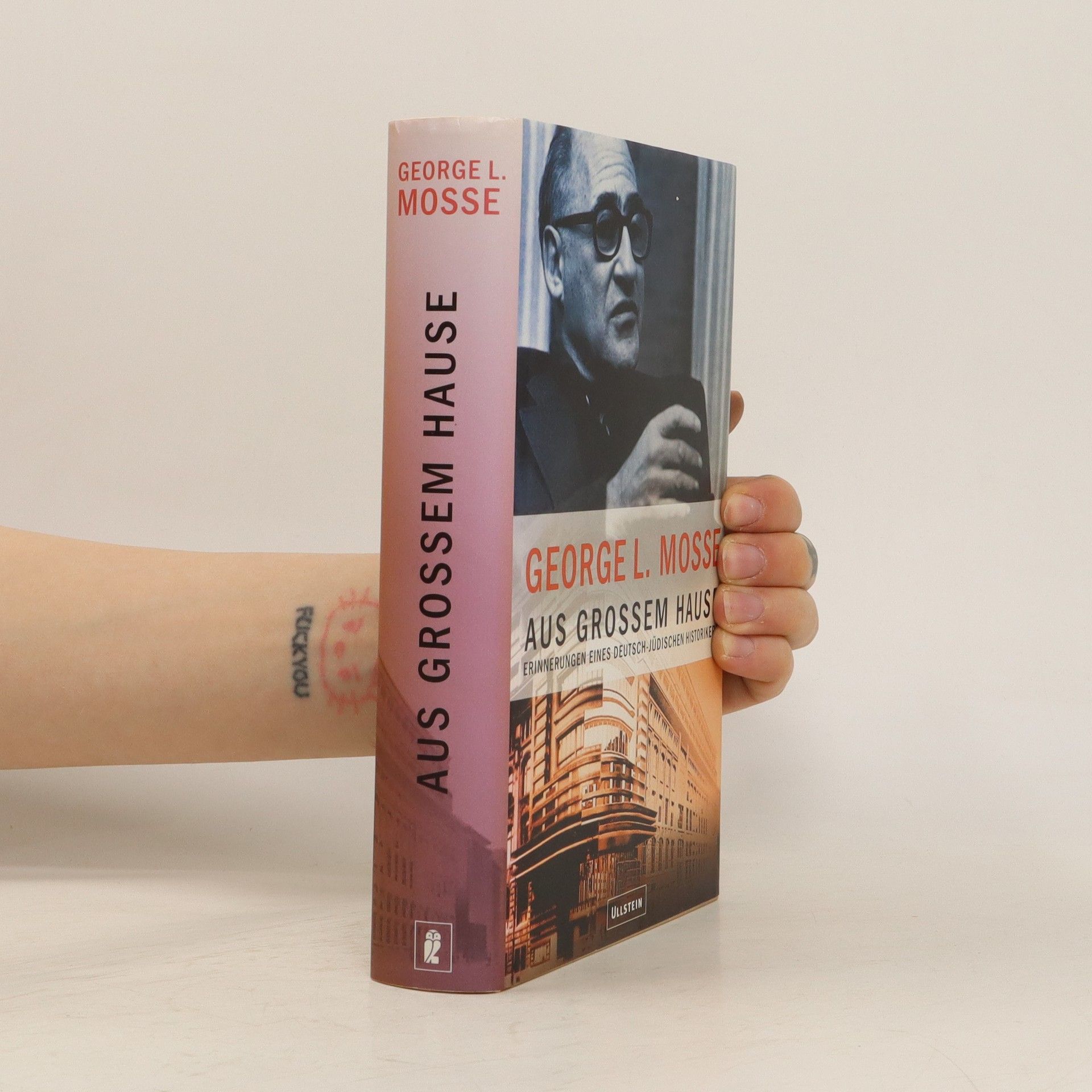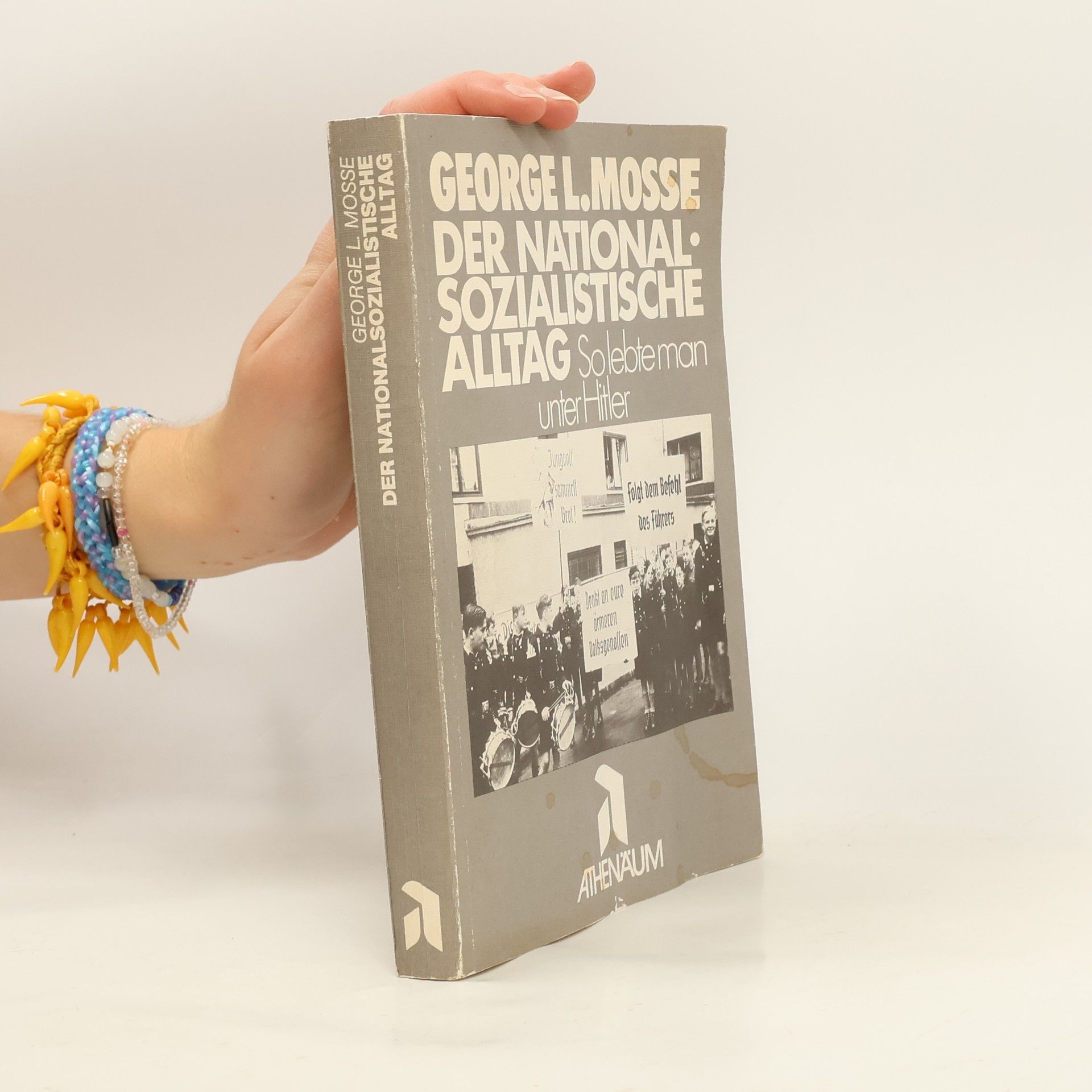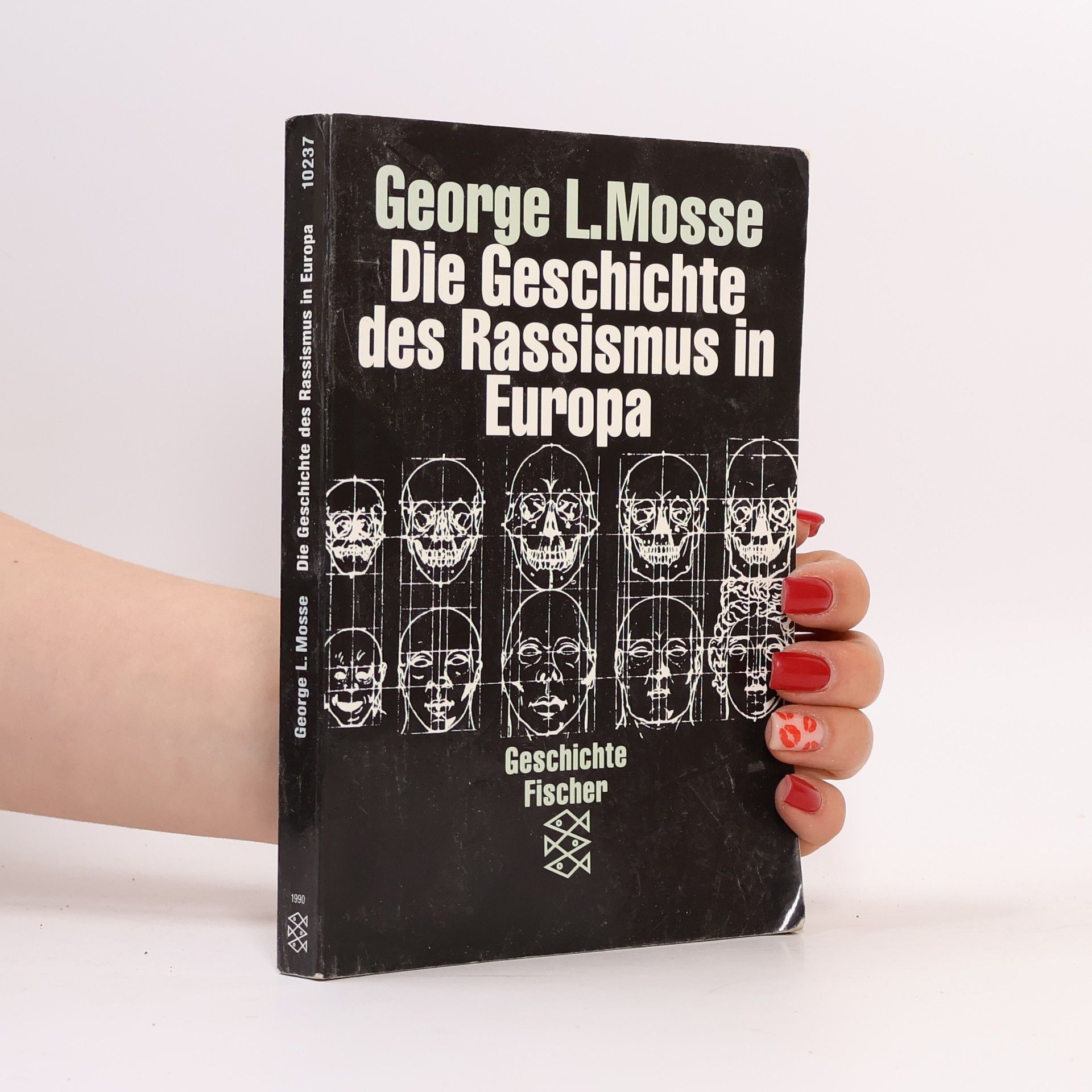Exploring the interplay of rationalism and Romanticism, this cultural history delves into the forces shaping modern Europe. George L. Mosse examines various societal aspects, including nationalism, economics, class identity, religion, and art, highlighting their interconnectedness. The revised edition reinstates original illustrations and includes a critical introduction by Anthony J. Steinhoff, which contextualizes Mosse's work and underscores its ongoing significance. This accessible narrative captures the complexities of European cultural movements throughout history.
George L. Mosse Libri
Storico sociale e culturale tedesco-americano, la cui prolifica produzione accademica ha spaziato in diversi campi, influenzando profondamente le interpretazioni del nazismo e del fascismo. Si è addentrato nelle forze storiche che plasmano l'identità moderna, dalla teologia all'evoluzione della mascolinità. I suoi esami critici della storia hanno ridefinito il discorso accademico, offrendo profonde intuizioni sulle strutture sociali e sui movimenti culturali. Attraverso il suo lavoro, ha illuminato le complessità del passato, lasciando un'eredità duratura nella comprensione storica.

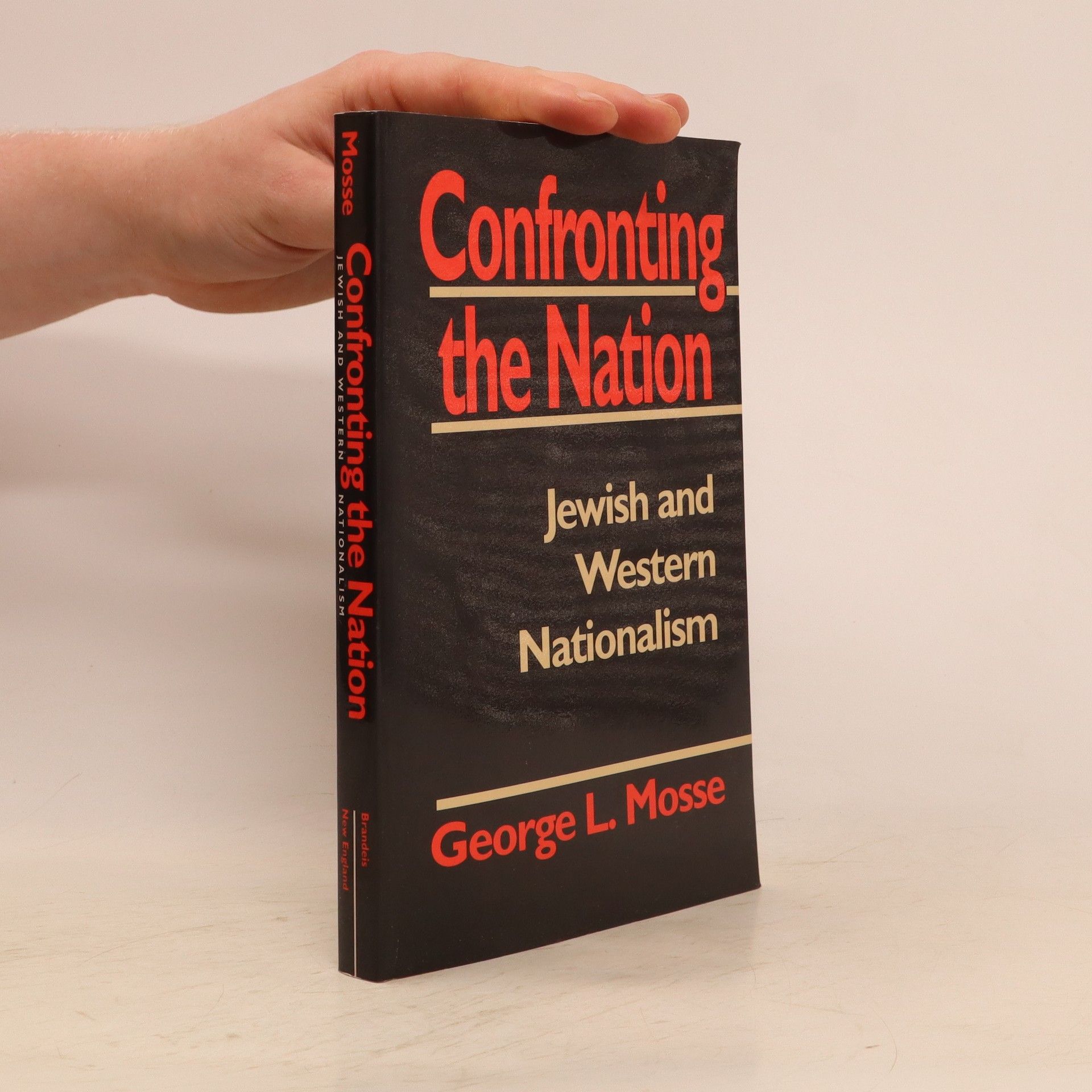


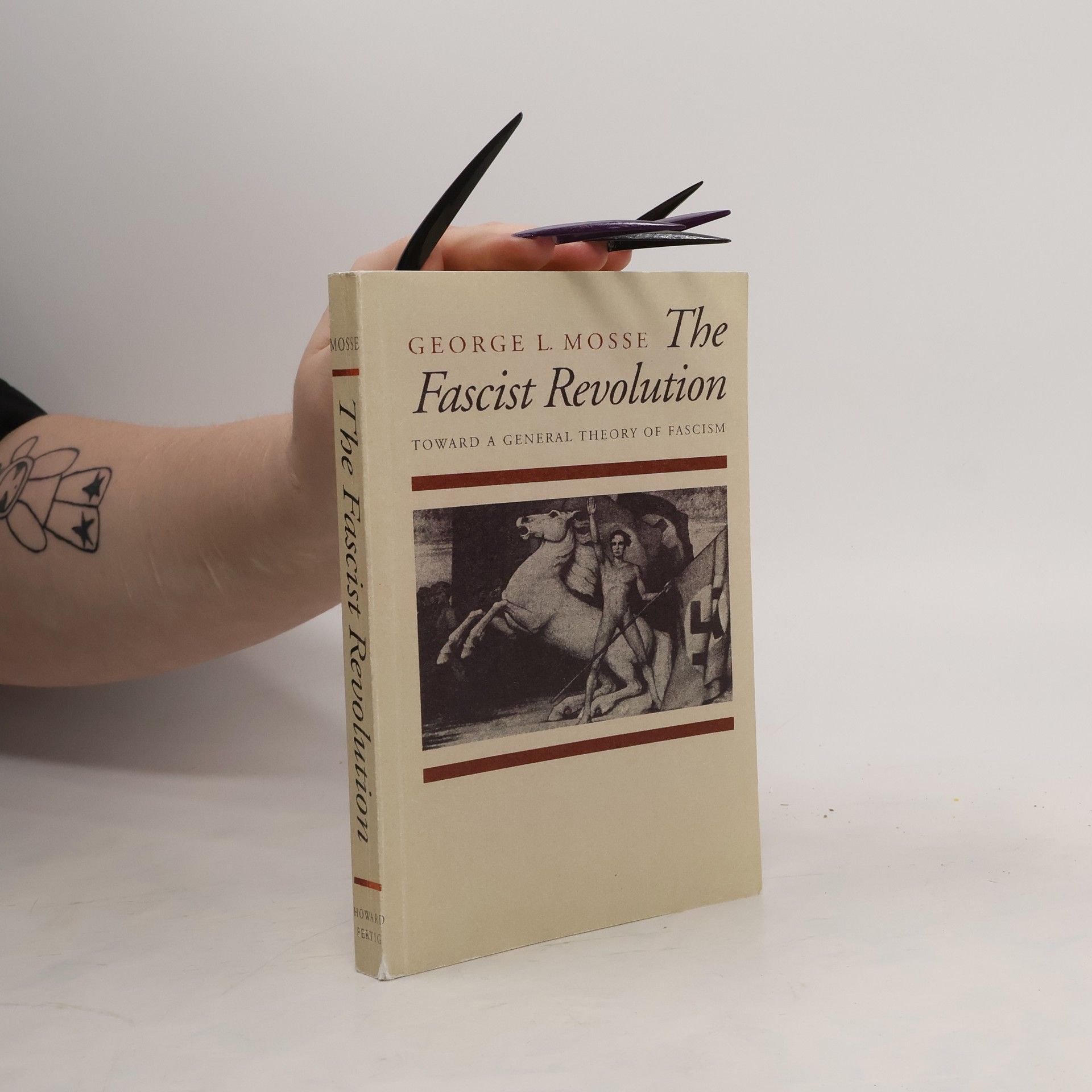

Synthesizing historian Mosse's (1918-99) life-long efforts to understand the nature of fascism, contains ten essays originally published between 1961 and 1996. He approaches the movement as a cultural phenomenon, and investigates how it and its adherents saw it and themselves. Among his subjects are fascist aesthetics, the French Revolution, fascism and the Intellectuals, the occult origins of National Socialism, and homosexuality and French fascism. Annotation copyrighted by Book News, Inc., Portland, OR
This new edition revisits the renowned historian George L. Mosse's landmark work exploring the ideological foundations of Nazism in Germany. First published in 1964, this volume was among the first to examine the intellectual origins of the Third Reich.
Germans and Jews
The Right, the Left, and the Search for a "Third Force" in Pre-Nazi Germany
- 206pagine
- 8 ore di lettura
Exploring a pivotal period in German history, the book examines how intellectuals from both the left and right sought to create a "third force" to address societal issues, moving beyond communism and capitalism. This ideological shift significantly influenced the political landscape, leading to a disconnect between left-wing efforts and reality, while the right ultimately found its desired force in fascism. Mosse’s analysis highlights the profound implications of these developments on German history during the late nineteenth and early twentieth centuries.
Mosse offers a comprehensive analysis of the complex and contradictory interactions of nationalism and Judaism during the last two centuries.
The Nationalization of the Masses
Political Symbolism and Mass Movements in Germany from the Napoleonic Wars Through the Third Reich
- 252pagine
- 9 ore di lettura
Book by George L. Mosse
Der weltbekannte amerikanische Historiker George L. Mosse weist in diesem Buch - einem Standardwerk, das seit 1978 immer wieder aufgelegt wird - nach, dass der Rassismus keinen Seitenerscheinung, sondern ein grundlegendes Element der europäischen Kulturentwicklung gewesen ist: Der moderne Rassismus entspringt denselben Quellen, die auch die Grundströmungen moderner europäischer Kultur gespeist haben: Aufklärung und Pietismus, Rationalismus und Romantik. Mosse stellt die Geschichte des Rassismus in den Zusammenhang mit der europäischen Geschichte. Indem er die einzelnen Entwicklungsphasen beschreibt, kann er zeigen, wie und warum rassistisches Denken in alle gesellschaftlichen Bereiche, v. a. in die Wissenschaften, eindringen konnte. Der Autor untersucht außerdem die wechselseitigen Beziehungen zwischen Rationalsimus und Christentum sowie den Verfall der humanistischen Tradition in Europa. Schließlich setzt er sich mit der Herausbildung von Stereotypen wie der „überlegenen“ und „minderwertigen“ Rasse auseinander, die am Ende zur „Endlösung der Judenfrage“ durch die Nationalsozialisten geführt hat.
